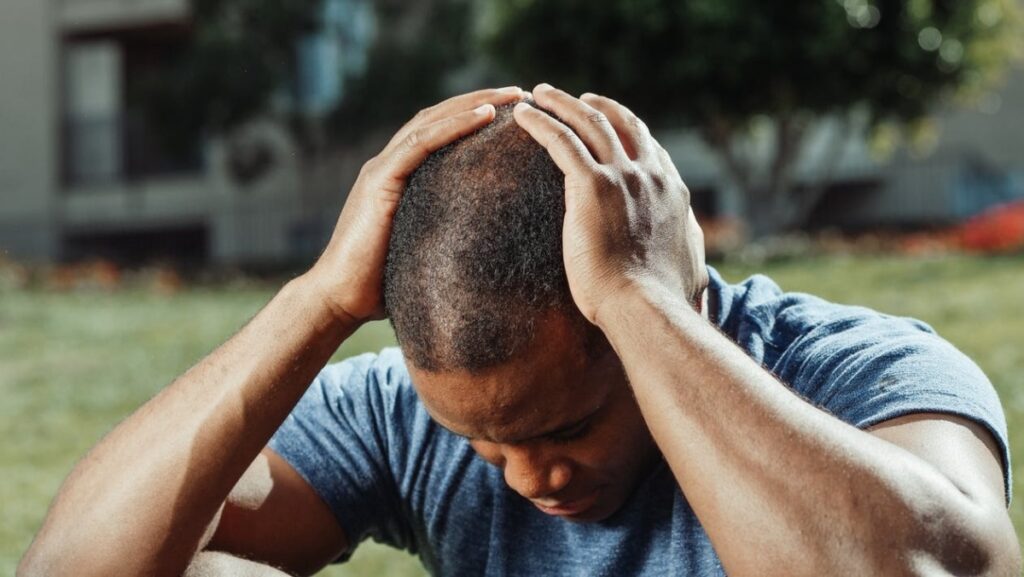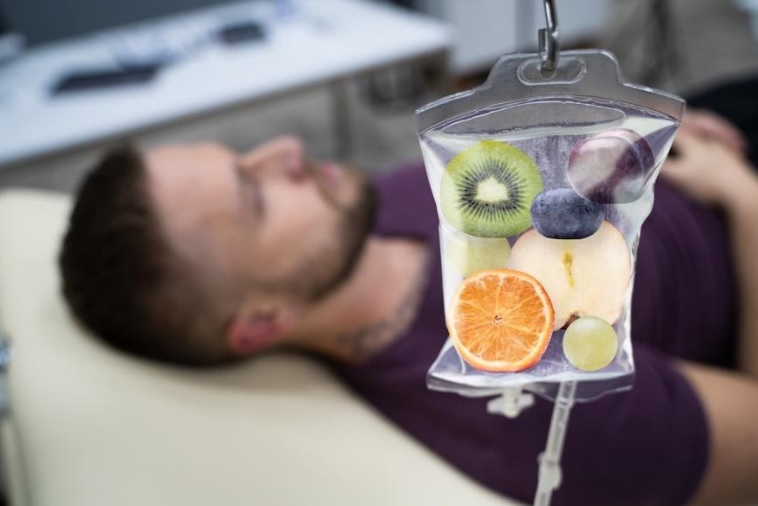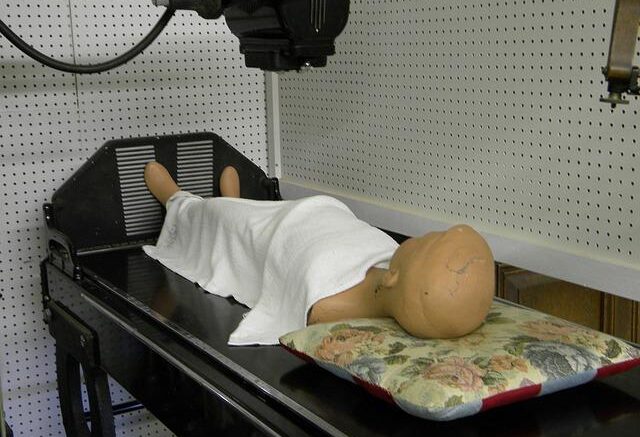Any blow or bump to the head can be severe, primarily due to the multiple problems it might leave behind, including a concussion, also called mild traumatic brain injury. Concussion signs and syndromes may show immediately, days, or even weeks after the initial trauma. The symptoms could change over time based on activity level and other possibly associated injuries that make them hard to identify and manage.
Concussion symptoms can be mild or severe, including loss of consciousness, poor concentration or memory, headache with varying intensity, sensitivity to light, noise, blurred vision, dizziness, nausea, poor balance, fatigue, trouble sleeping, reduced hearing, and drowsiness. Concussion recovery can be complex and, if poorly managed, can result in a prolonged recovery. Here are eight recovery tips for concussion and post-concussion syndrome.
Consider functional neurology treatment
Functional neurology treatment gives hope to patients experiencing various neurological disorders, such as concussion and post-concussion syndrome. Functional neurologists can successfully treat head injuries by inhibiting or stimulating specific brain parts. The doctor focuses on identifying the underlying weaknesses in metabolic or neurologic functioning, which may interfere with your healing ability.
Functional neurology’s purpose is to optimize cognitive performance while improving the quality of life. After a comprehensive evaluation, a Functional Neurologist develops a treatment customized to you and includes several treatment options like vestibular therapy, neurological rehabilitation exercises, and other intensive drug-free and non-surgical interventions. This helps your brain recover and perform more effectively.
Rest your brain
Brain overstimulation, especially after a head injury complicates the recovery process. Thinking hard, studying, reading, or trying to learn new things can be difficult and may aggravate your symptoms. With a concussion, processing further information becomes harder. If you must study or work, consider spreading your tasks out and taking regular breaks to avoid overstimulating your brain. If you’re a student, get your assignments or program adjusted as you recover.
Start concussion therapy exercises
While you may be advised to rest after a concussion, sitting around doing nothing won’t speed up your recovery. Exercising is an excellent way to reduce or eliminate concussion symptoms while shortening your recovery time. Before beginning therapy exercises, get a comprehensive concussion evaluation, create a regular schedule, and stick to it. You can start your sessions with aerobic exercises followed by the concussion exercises you’re considering, then resting. If you’re doing post-concussion exercises at home, consider learning how to track your symptoms. Additionally, they will provide you with training and manuals on concussions, both of which are helpful for your recuperation. If you’re unsure what to do:
- Stop if you notice three or more symptoms worsening when exercising. Rest to allow them to settle before going into the next phase of your routine
- If one symptom quickly and severely worsens, then consider stopping the exercise
- However, you don’t have to stop if you notice a slight change in a symptom. This is because stimulating your symptoms to a minimal degree is a sign that the therapy is working
- You can try walking, doing treadmills or stationary bikes, and self-massaging your shoulders, back of the neck, and face, card sorting, guess the word, the brock string, tracking exercises, and eye saccades exercises
Reduce screen time
Concussion may cause eye problems, like double vision, blurred vision, and ocular pain. Smartphones, TVs, and computers have bright lights and come with eye strain that may worsen concussion symptoms. Overexposing your brain and eyes to the strain slows your recovery process. For proper screen time management, consider:
- Changing your computers, smartphones, TVs, and monitors settings to nighttime because the tones aren’t as harsh
- Using blue light filters or an anti-glare screen cover on monitors
- Ensuring your space is well-lit when staring at a screen. Avoid looking at a screen in a dark place
- Increasing text size and screen distance from your face when using phones and computers
Don’t wait until your symptoms start flaring up to take a break. Take regular breaks to ensure your symptoms don’t worsen

Practice good sleep hygiene
While you might have sleep issues after a concussion, including difficulty getting a good night’s sleep and trouble falling or remaining asleep, getting good sleep is essential for your recovery. This is because sleep helps your brain recover. With good sleep hygiene, your recovery time shortens. To ensure a good night’s sleep:
- Maintain the same bedtime routine by sleeping and waking up at the same time daily
- If you must nap, do it once a day and keep your naps short. Avoid napping pat 3 o’clock to prevent sleeping trouble at night
- Avoid alcohol, caffeine, or heavy meals at least four to six hours before sleep time
- Exercise to increase the chances of a good night’s sleep
Avoid stress, depression, and anxiety
Complete concussion recovery and optimal brain function need a steady, predictable brain activity level. Depression, stress, and anxiety can worsen your post-concussion syndrome and even delay recovery. And while stress and anxiety are inevitable, their poor management elevates the overall base neural activity level while introducing big erratic waves into your neural patterns.
Consider identifying your anxiety/stress triggers and eliminate or reduce them immediately. This will minimize brain strain and recovery time. You may also meditate, indulge in stress-lessening activities, seek professional help, or join a mindfulness community or group for proper stress and anxiety management.
Focus on your diet
Your diet impacts recovery, mainly after a brain injury. Revamping your eating habits can significantly improve your brain health. Ensure your meals contain essential nutrients, vitamins, and minerals. Your diet should include proteins to give your brain neurotransmitter building blocks, lipids for healthy cognitive function and the nervous system, and carbs.

Add antioxidants to help fight inflammation and dominate free radicals while helping the body retain and utilize essential minerals. Consider getting your blood tested for vitamin levels. You can focus on magnesium, Vitamin B12, zinc, Vitamins C, D, and E for good brain health. During the post-concussion recovery process, avoid alcohol, caffeine, processed sugar, fad diets, and artificial sweeteners for fast recovery.
Stay hydrated
The brain and heart are 73% water. Taking enough water helps digestion and absorption of nutrients, cell growth, and more. Water is essential for the circulatory system, which usually gets impacted by post-concussion syndrome. Staying hydrated also keeps you safe from metabolism issues.
Endnote
Recovering from concussion or post-concussion syndrome can be complicated. However, following these tips can help you recover more quickly.
